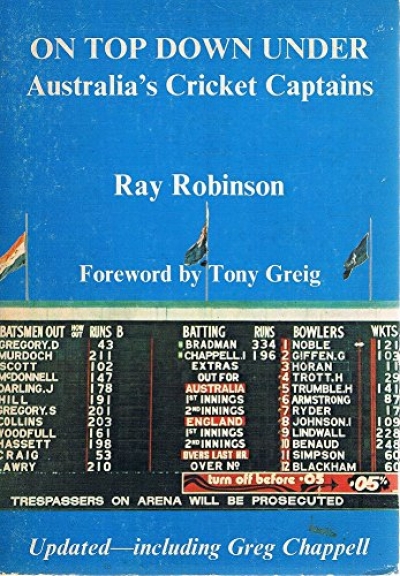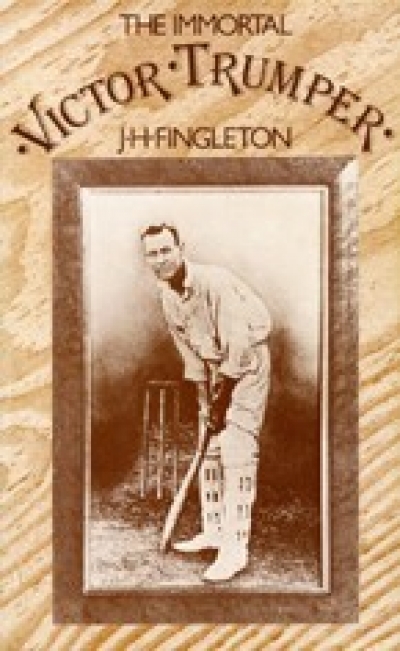I write this review the day after the Fifth Test. Australia has finally won one. I personally wouldn’t give two squirts of goat shit for the Australian selectors but this time they can tell us what to do with our cricket bats. Peter Taylor has taken six for and two for, batted with determination, and won the man of the match. (A shocking decision, by the way. It was Jones, then daylight, then Taylor and Emburey, and I don’t like Victorian batsmen and Poms who played in South Africa.) Twelfth man for Australia was Greg Matthews, who bowls off-spin and bats with determination. Like Taylor, whom Matthews would no doubt call ‘the man’ at the moment. Does this mean Matthews is on the way out, and that Roland Fishman’s mid-career biography, Greg Matthews: The Spirit of Modern Cricket, is one of the sillier Penguins, a book destined to become as popular as Andrew Jones’s autobiography? (Remember Andrew Jones, the oncer in the federal parliament in the mid-sixties? The relevant tome used to be on sale at Mary Martin’s at ten cents, two copies five cents …)
...
(read more)






